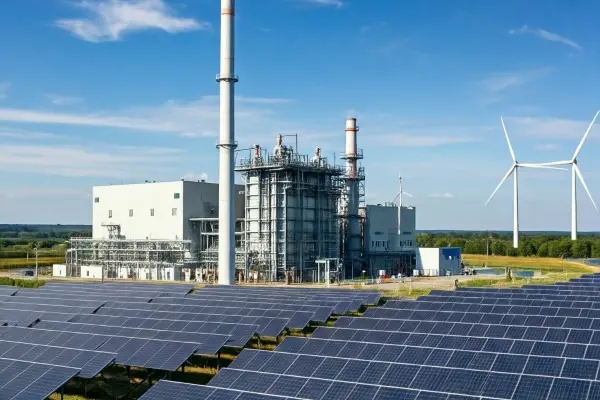
The Future of Natural Gas as a Transition Fuel
As the world moves towards cleaner energy solutions, natural gas is often seen as a bridge fuel in the transition from coal and oil to renewable energy sources. While renewable energy technologies like solar and wind have made great strides, they still face challenges in terms of storage and grid stability. Natural gas provides a reliable source of energy that can complement intermittent renewable sources.
Natural gas emits fewer greenhouse gases than coal and oil, making it an attractive option for countries aiming to reduce their carbon footprint. It also has the flexibility to be used for a variety of applications, from electricity generation to heating and industrial processes. As the global economy shifts towards cleaner energy solutions, natural gas is expected to play a crucial role in ensuring energy security while helping to meet climate goals.
In many regions, natural gas is already being integrated into the energy mix as part of a strategy to reduce carbon emissions. In the future, technological advancements in carbon capture and storage could further enhance the environmental benefits of natural gas, helping to reduce its impact on the climate. While not a long-term solution, natural gas is likely to remain a key player in the global energy landscape for the foreseeable future.
Learn More